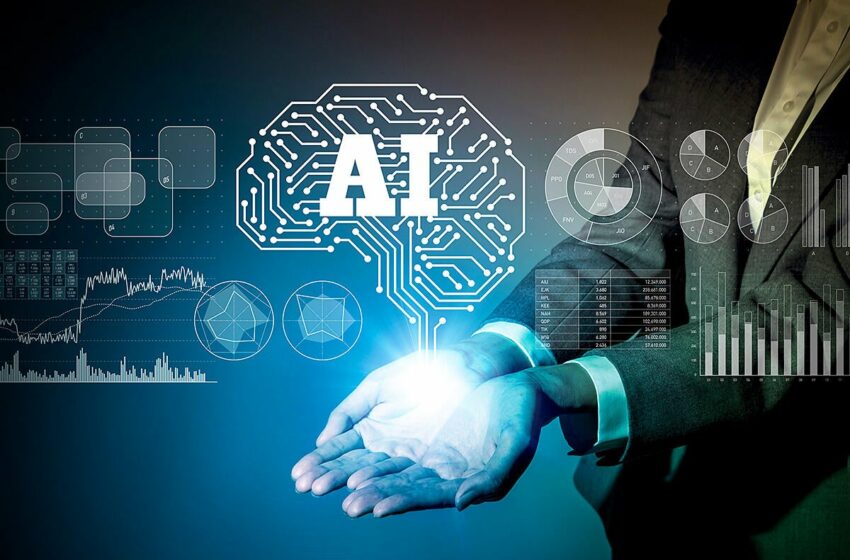The rapid advancement of artificial intelligence (AI) has sparked a debate about its impact on the workforce. As AI technologies continue to evolve and become increasingly capable, concerns have been raised about the potential replacement of human jobs. This article explores the complex relationship between AI and human employment, shedding light on both the potential benefits and challenges that arise from the integration of AI in various industries.
The Rise of AI and Automation
AI has made significant strides in recent years, with breakthroughs in machine learning, natural language processing, computer vision, and robotics. These advancements have paved the way for automation, enabling machines to perform tasks that were once exclusively carried out by humans. This has led to increased efficiency, improved productivity, and cost savings across multiple sectors.
Job Displacement and Transition
While AI presents numerous opportunities, it also raises concerns about job displacement. Certain tasks and jobs that are routine and predictable in nature are at a higher risk of being automated. For example, cashiers in retail stores may be replaced by self-checkout systems, and customer service representatives may be replaced by chatbots. However, it is crucial to note that AI also creates new job opportunities. The development, maintenance, and operation of AI systems require skilled professionals, such as data scientists, AI engineers, and ethical AI experts.
Skill Upgradation and Adaptation
To mitigate the potential negative impact of job displacement, reskilling and upskilling programs are essential. As AI technologies continue to advance, the demand for human workers with specialized skills in AI and related fields will increase. By equipping the workforce with the necessary skills, individuals can transition into new roles that complement AI systems or work alongside them. Governments, educational institutions, and businesses should collaborate to provide training opportunities and support lifelong learning initiatives.
Ethical and Social Implications
The widespread adoption of AI raises ethical and social implications. Concerns include biases in AI algorithms, privacy and security risks, and the widening gap between those who have access to AI technologies and those who do not. It is crucial to ensure that AI is developed and implemented ethically, with transparency, fairness, and accountability at the forefront. Regulation and guidelines should be established to address these concerns and protect the rights and well-being of individuals.
While AI has the potential to automate certain tasks and replace some jobs, it is not necessarily replacing humans entirely. Rather, AI is transforming the nature of work, requiring a shift in the skills and roles of human workers. With proper planning, reskilling, and adaptation, humans can work alongside AI technologies to achieve greater productivity, innovation, and societal benefits. The key lies in harnessing the power of AI while ensuring ethical considerations and human well-being are at the forefront of its development and implementation.


